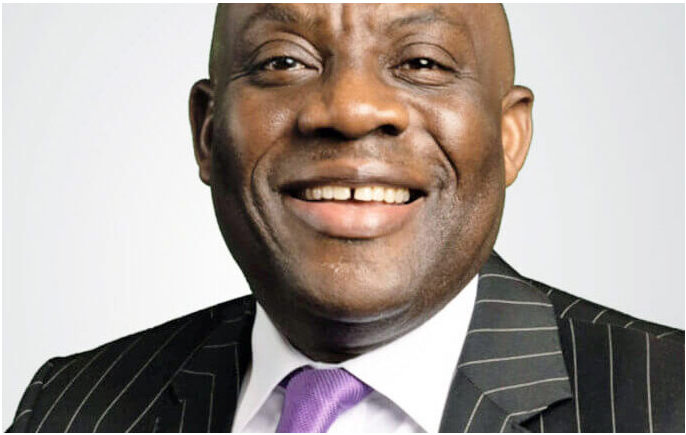The year 2024 will be remembered as a turbulent period for Nigeria’s education sector, marked by mounting socioeconomic challenges and policy controversies that deeply affected students, parents, and educators. From soaring tuition fees to increasing insecurity, the year tested the resilience of the education system and those reliant on it. The removal of fuel subsidies and the subsequent rise in living costs placed education further out of reach for many families, exacerbating existing struggles in a sector already plagued by low funding, safety concerns, and inadequate infrastructure.
Among the pressing issues was Nigeria’s high rate of out-of-school children, estimated at 18 million. Poverty, insecurity, and sociocultural norms were significant contributors to this figure. However, there were some strides toward addressing the crisis. The Almajiri and Out-of-School Children Commission reported impacting over two million children through initiatives supported by development partners. Dr. Maruf Tunji Alausa, the Minister of Education, emphasized the importance of coordinated policies such as the Data Repository, Out-of-School Children Education, Teacher Training, and Skills Development (DOTS) in reducing out-of-school rates and improving the sector’s overall effectiveness.
Challenges extended to controversies over policy implementation, such as the government’s proposed age limit for secondary school exit and tertiary education entry. The policy sparked widespread backlash, with stakeholders labeling it regressive. The government later reversed the decision following public outcry and replaced the former Minister of Education, Professor Tahir Mamman. Additionally, the invalidation of degrees from institutions in Togo and Benin Republic further roiled the sector, leaving over 22,000 Nigerian students grappling with the sudden loss of recognition for their qualifications.
The year also saw labor unrest, including a strike by the Academic Staff Union of Polytechnics (ASUP) over unresolved issues such as funding shortfalls and promotion arrears. These disruptions, coupled with the Lagos State government’s controversial tuition fee hike for boarding schools, strained access to education for families already burdened by economic pressures. Human rights advocates decried the fee increases as a violation of children’s rights to affordable education.
Despite the challenges, hopes were raised as Dr. Alausa assumed office as Minister of Education. With promises to prioritize reform and address systemic weaknesses, stakeholders anticipate that 2025 could mark a turning point for the sector. However, the path to recovery remains fraught with obstacles, as addressing long-standing issues like poor data repositories, inadequate infrastructure, and policy inconsistencies will require sustained commitment and collaboration across all levels of government.

